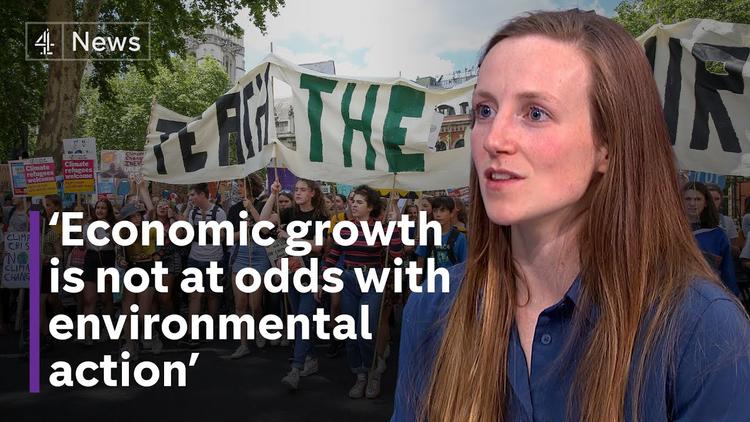Sacramento (Special to Informed Comment) – Who is a public intellectual? What role should they play? Searching the internet yields several answers. Alan Lightman’s The Role of the Public Intellectual offers a thoughtful discussion of different visions of the public intellectual and their role and responsibilities. I have opted for a broader description, but with some important provisos. A public intellectual is a person who, by virtue of her knowledge and expertise, engages with the public to promote the public good.
An effective criticism of social and political woes by public intellectuals might get the attention of some segments of the public, especially those who might be labeled “politically aware”—individuals who regularly follow the news and crises of the day. But there is more to being a public intellectual than becoming a gadfly gnawing on the pestiferous hide of the establishment. Eloquently depicting misdirection, mismanagement, and overweening ambitions among the political class can be motivating but often prove insufficient. Worse yet, it could become a self-defeating enterprise when these criticisms lead to public despair and political alienation. It is akin to the proverbial heralding that “the emperor has no clothes,” with the added twist that no tailor can sew one either. When others pile on, we get closer to a political black hole.
Churning out critical essays and commentaries should not be the end but an inducement to search for remedies. What utility do such analyses offer if their message only intimates a rotten and entrenched status quo immune to change and improvements?
The public intellectual must go beyond criticism of the unsatisfactory status quo and policies by inspiring a sense of optimism in the public’s mind about change and reform and suggesting how they might be achieved. How can this be done responsibly?
Paul Romer, a Nobel laureate in Economics (2018), distinguishes complacent optimism from contingent optimism (he calls it “conditional optimism”; I prefer contingent optimism to accentuate the difference with complacent optimism) by giving an example of each: “Complacent optimism is the feeling of a child waiting for presents. “Contingent optimism “ is the feeling of a child who is thinking about building a treehouse. ‘If I get some wood and nails and persuade some other kids to help do the work, we can end up with something really cool.” In the first case (complacent optimism), the child is passive, awaiting a present with earnest expectation. In the second case (contingent optimism), the child lays out a plan to make her wish a reality. The optimism of the first child is wholly dependent on the largesse of others; she makes herself the object of her expectations. The optimism of the second child is born of her agency to identify and secure the resources she needs to build her treehouse.
Contingent optimism begins by taking stock of the challenge. Once the problem is defined, you search for credible solutions to change the situation in the desired direction. In other words, contingent optimism makes the reason for developing an optimistic outlook contingent on working out a strategy of change that makes it likely to achieve the outcomes one seeks. It is the careful mapping out of a plan that justifies feeling optimistic about change. That optimism is contingent on having correctly defined the problem and potential solutions.
We should expect contingent optimism from public intellectuals, not despair. They are uniquely equipped and positioned to critically analyze our societal ills and propose remedies that can change the system to better serve the common good. The same goes for the rest of us. Deluding ourselves with passive hope is the essence of complacent optimism. Planning how to achieve our wishes justifies optimism—contingently, of course!



 © 2024 All Rights Reserved
© 2024 All Rights Reserved